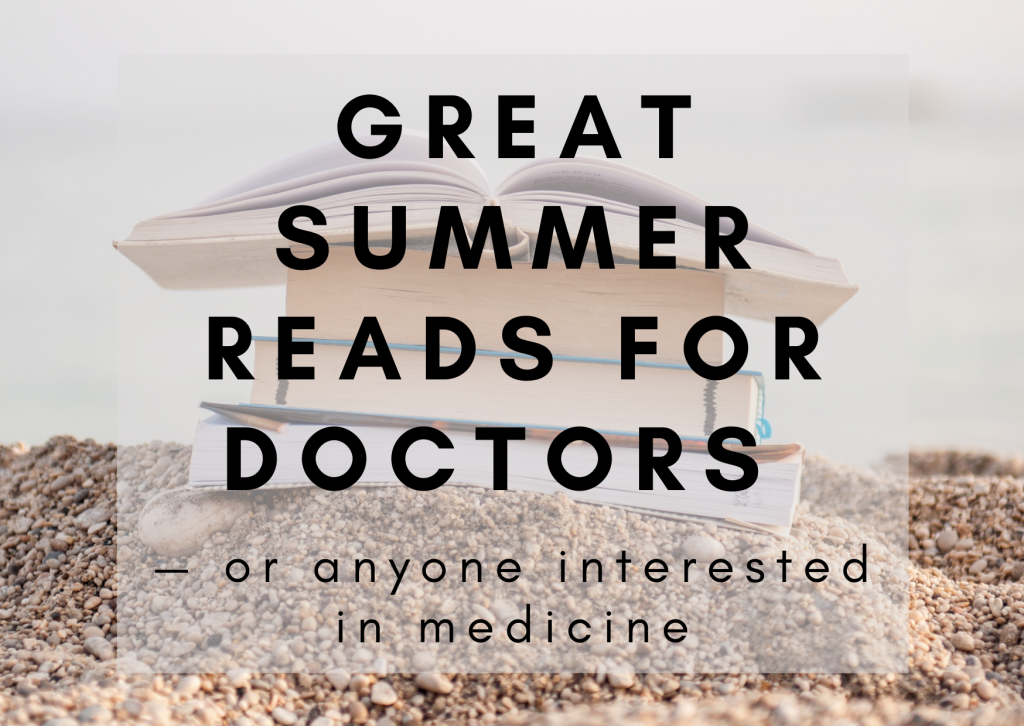Take a journey through the human body, travel through time to the start of nursing, and explore the world of gene sequencing all from the comfort of your couch or hammock with this year’s list of summer reads.
The connection between molecules and madness. Preventing another catastrophe like the COVID-19 pandemic. Health inequities among Black pregnant people. Gene sequencing that helped restore vision to a boy who hadn’t seen his mother for years. This year’s crop of recently published medicine-related books covers all this and more.
Below are a few from the list that you can request from MOBIUS:
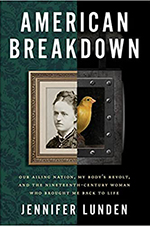
American Breakdown: Our Ailing Nation, My Body’s Revolt, and the Nineteenth-Century Woman Who Brought Me Back to Life, Jennifer Lunden, LCSW
At 21, social worker and writer Jennifer Lunden was struck by an inexplicably exhausting condition — she couldn’t even stand for a shower — that was ultimately diagnosed as chronic fatigue syndrome (CFS). With few resources and scant hope, she became terribly depressed. But she eventually found solace in an unusual place: 19th-century diarist Alice James, who suffered similar symptoms and was initially labeled a female hysteric. Lunden soon began digging into the science behind CFS, exploring the work of immunologists, toxicologists, and infectious disease doctors. From there, she began thinking about the broader landscape of health in the United States, including the worrisome effects of stress, dangerous exposure to chemicals, and inadequate access to health care. Now feeling better thanks to a range of treatments, Lunden recognizes that she may never be fully well. “I’m a work in progress,” she writes. “So are you; so are we all. And I, for one, will keep trying.”
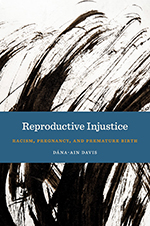
Reproductive Injustice: Racism, Pregnancy, and Premature Birth, Dana-Ain Davis, PhD
In the United States, Black women are twice as likely to give birth prematurely than their White peers — and financial success offers scant protection. Anthropologist Dana-Ain Davis, PhD, spent seven years plumbing the race-related factors that fuel Black babies’ early arrivals and subsequent need for neonatal intensive care. She traces a path back to slavery and such racist tropes as the hardiness of Black women while also describing the contemporary phenomenon of stress “weathering” Black bodies. Davis’s in-depth interviews with mothers of different ages, incomes, regions, and educational levels reveal a repeated sense of being dismissed by medical personnel. Turning to possible solutions, Davis highlights prevention, including empowering people who want to use doulas and community-based birthing supports. Without such efforts, she warns, Black Americans will continue to face the often lifelong health effects of being born too soon.
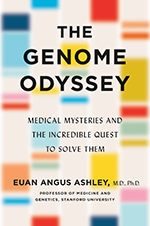
The Genome Odyssey: Medical Mysteries and the Incredible Quest to Solve Them, Euan Ashley, MD, PhD
Decoding a patient’s genome — the individualized alphabet of life — once cost billions and took months, but newer methods provide the opportunity to quickly treat patients suffering from mysterious, gene-based conditions. In The Genome Odyssey, Euan Ashley, MD, PhD, describes the scientific journey behind those advances as well as the patients who have benefited from them. One is a young man who, after his vision was restored by gene therapy, asked, “Mom, is that you?” A leader in the field and a Stanford University professor of medicine and genetics, Ashley anticipates greater advances to come, partly thanks to research on people whose super-powered genomes offer extraordinary health protection. Meanwhile, Ashley says he is motivated by the many patients still in need of help. They are, he writes, “the reason I get up every morning.”
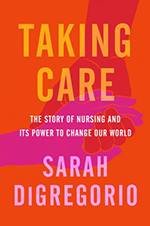
Taking Care: The Story of Nursing and Its Power to Change the World, Sarah DiGregorio
Nurses have treated enslaved people, been tried as witches, gone to jail for providing birth control, and saved lives during wars and pandemics. Journalist Sarah DiGregorio digs into this rich history while also exploring the current reach of the profession — from patient education to policy work and from neonatal care to hospice support. She also describes the sometimes sexist and racist notions surrounding the career. For one, while Florence Nightingale was hailed as the founder of modern nursing, her Jamaican-born contemporary Mary Seacole was condescendingly dubbed “the Black Nightingale.” But the book’s most compelling moments may be DiGregorio’s own experiences with nurses: those who supported her as her mother died from breast cancer, distracted her as she anxiously awaited her own biopsy results, and held her as she prepared for an emergency cesarean section. Ultimately, she asks in praise of this often-overlooked profession, “Could we be human without nursing?”
